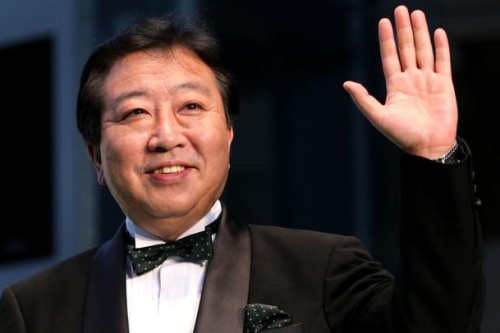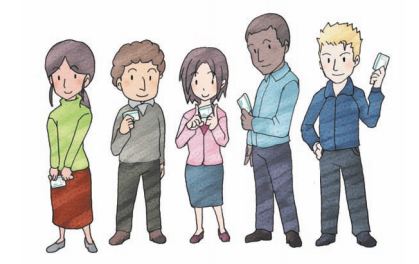
The following is a lightly edited version of my e-mail reply to a friend who asked about the ongoing fight over passing a hike to the consumption tax. As of this writing the bill has passed the lower house but has still not become law. See Japan Real Time for a good breakdown of recent events:
The consumption tax was definitely too low for a country with such generous welfare benefits, so raising it only makes all the sense in the world. I almost wish they had put in a delay mechanism in case the economy is still in bad shape in 2 years, but hopefully that won’t be the case.
Fiscally, I think it is a drop in the bucket, and the short term economic impact is definitely not great. That is why there is such a strong knee-jerk negative reaction among the public. They either run or know people who run small businesses that will get hurt, but more importantly it’s one of the few policies that stares average people in the face every day and is easy to understand. Everything you pay for will get more expensive.
But at the same time it’s vital to get the house in order so to speak, or else Japan really is in for a hard landing. The social programs that Japan has are great and they need to be maintained. So they need to be funded in a way that’s not too onerous, and this seems like as good a way as any to me.
I have basically come to the conclusion that inflation is unlikely in Japan over the long term because there isn’t a fundamental basis for it. People are getting older fast and are just going to spend less. And productivity gains aren’t going to be fast enough to make up for that (economics isn’t my strong suit… but isn’t it the case that inflation is at least supposed to track economic cycles?) Japan isn’t going to necessarily have another growth boom, but what it can do is enjoy a comfortable and proud status as a rich nation. That is, they should be able to if people in their prime now can actually feel some security and expect a reasonable retirement not too different from what their parents had.
In terms of the political situation, there are a lot of people saying that Ozawa “won” but I don’t really see it that way. He didn’t stop Noda from doing what he wanted to do – there has effectively been a Grand Coalition in place since Noda came to power (note how close to unanimous the jail-for-download law was, or the postal reform bill, or take your pick) and for all the blustering among the parties they are pretty much united on a lot of policy measures because they are a) consensus among the Serious People muckimucks like the finance ministry and media opinion makers, and b) the subject of gaiatsu (I believe the IMF has been dogging Japan to raise the consumption tax).
And although Ozawa technically has the power to basically an early election through defecting, he is too afraid to do it because he knows that his clique is even more exposed to getting voted out than the others because it contains so many first-termers. It seems pretty shrewd for Noda to NOT punish the defectors in that case because it prevents the election from happening and lets the de facto grand coalition continue with him running the show.
If there is an election the DPJ will lose, the LDP will win (though maybe not get an outright lower house majority), Komeito will maintain, and Hashimoto’s party might make a serious splash, though Hashimoto himself has said he won’t run. So in that context I think all the established parties, especially the DPJ, have an incentive to delay an election as long as possible. Once Hashimoto has his foot in the door of national politics life won’t be the same. Every little thing will be a fight that can’t be worked out by getting drunk together at a ryotei.
Make no mistake, though, this is a big deal. This type of potential split in the DPJ was months in the making, maybe even years because Kan might have pushed for the tax hike had there been no earthquake (remember how he for whatever reason ran on that issue in the Upper House elections?).
And there is always the need to point out that this agenda of raising the tax was pushed by the finance ministry, which operates within the realm of global tax compliance. Politicians in general are empty shells with voting power, and they need to get pushed in a certain direction by the people who they think will help them keep or increase that power. This time it was the ministry of finance because it is a permanent bureaucracy that has a political agenda that’s informed by its mission as the steward of the Japanese government’s finances.
That isn’t necessarily a bad thing because if there is one thing that the DPJ coming to power has taught me is that it’s dangerous to allow people with zero expertise being responsible for governing convince themselves that they know what’s best for the country. It feels like all they are good for is posturing and fundraising. The DPJ made the critical mistake of making enemies of the bureaucrats instead of cultivating them and influencing them in the subtle, glad-handing way the LDP mastered. Or at least they could have brought in people with talent and real ideas.

 The building that Thorne (or a successor) occupied is shown in 19th-century photographs as a clapboard house
The building that Thorne (or a successor) occupied is shown in 19th-century photographs as a clapboard house
